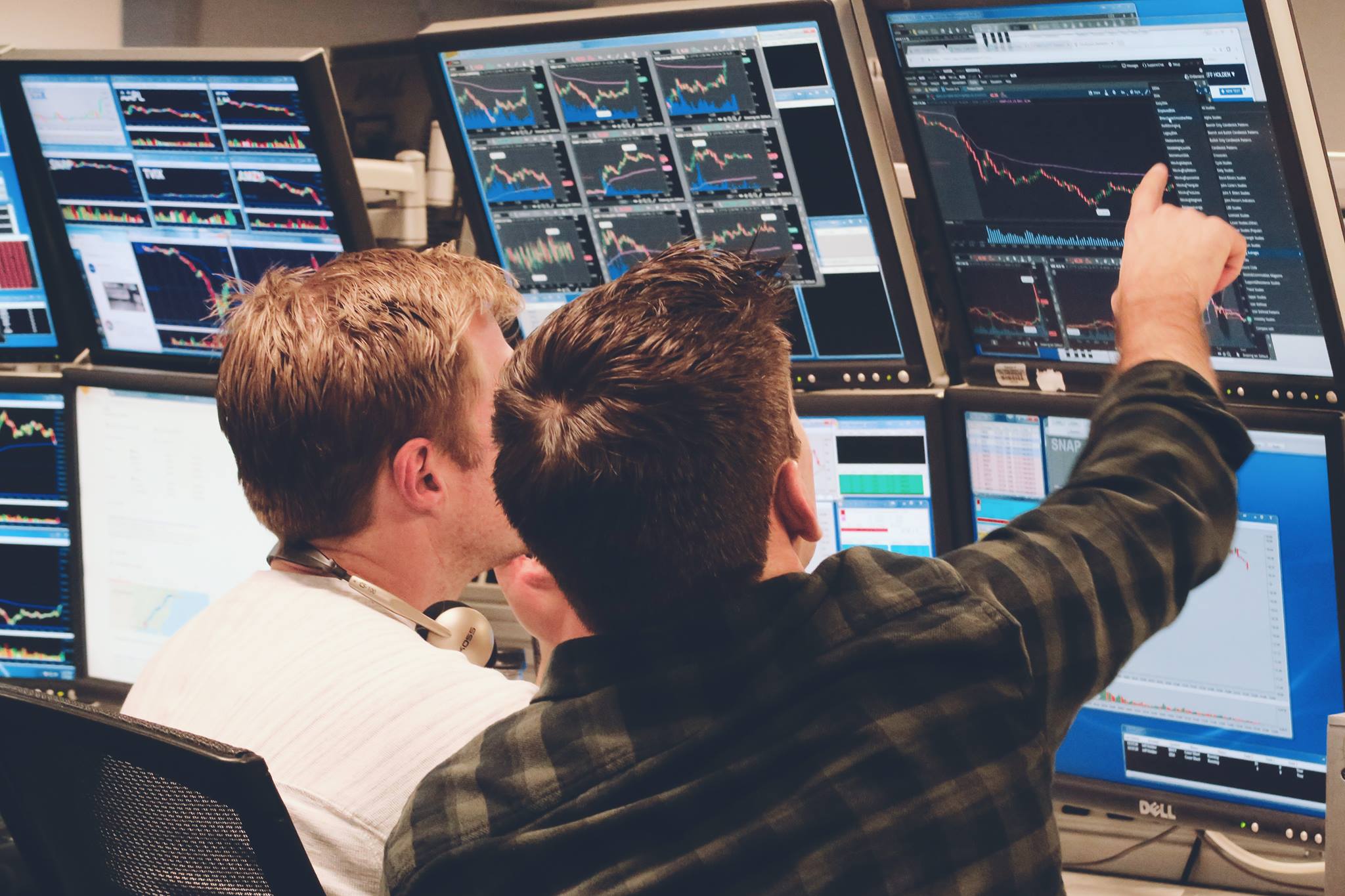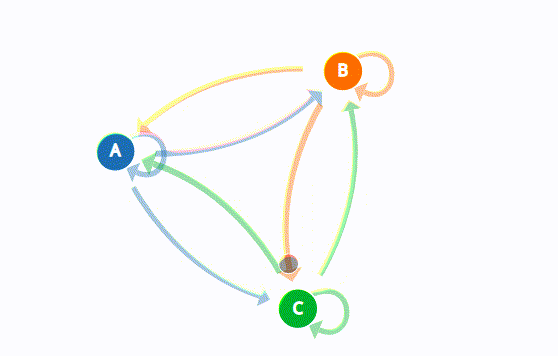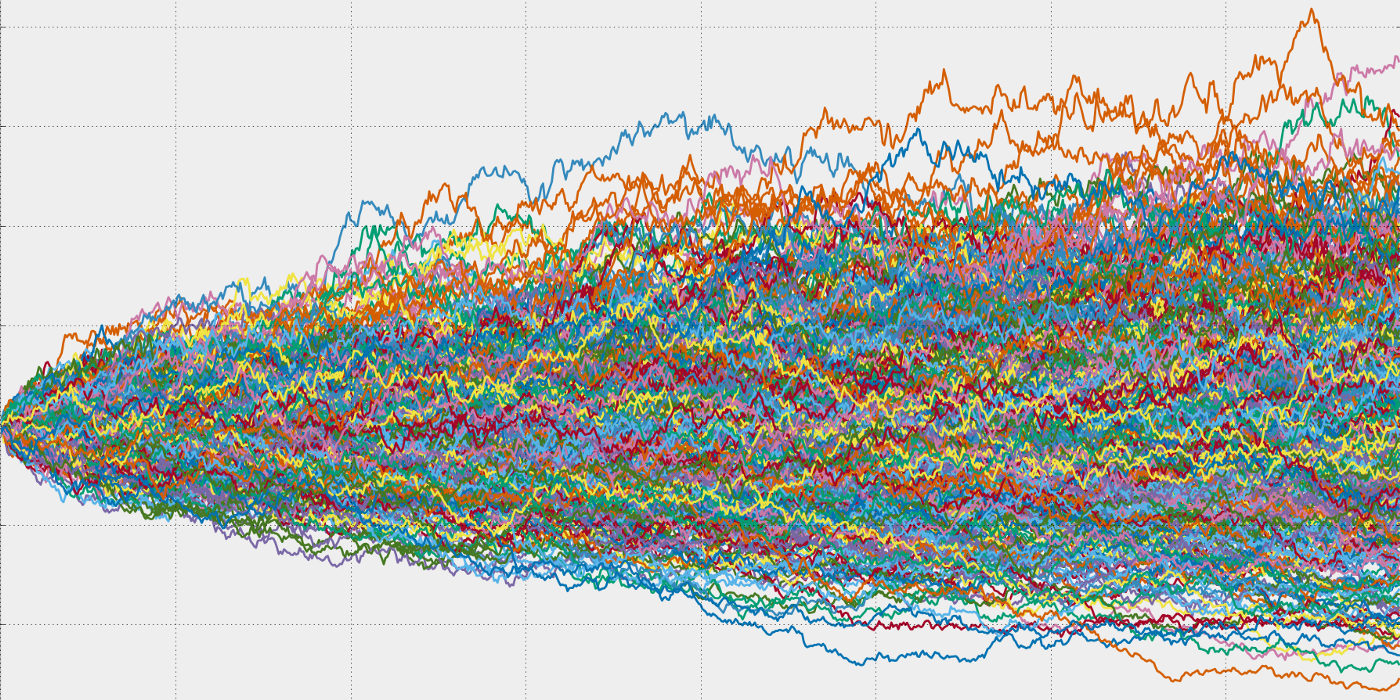Building a quantitative trading team can be a complex process, but it can be broken down into several steps:
- Define your goals and strategies: Before building a team, it is important to have a clear understanding of your investment goals, strategies, and risk management. This will help you define the specific skills and expertise that you will need in your team.
- Identify and recruit the right talent: Look for individuals with experience in quantitative finance, computer science, and mathematics. High-frequency trading requires a combination of mathematical and technical skills, as well as an understanding of financial markets. Recruiting individuals with a PhD in a quantitative field, such as mathematics, physics, or computer science, can be a good starting point.
- Develop a robust infrastructure: High-frequency trading requires a robust infrastructure that can handle large amounts of data and execute trades quickly. This includes hardware, software, and networking components, as well as access to market data feeds and order execution systems.
- Develop a robust risk management system: High-frequency trading is a high-risk activity, so it’s important to have a robust risk management system in place. This includes monitoring and analyzing market conditions, as well as implementing risk management strategies such as position limits and stop-loss orders.
- Test and optimize strategies: Before deploying strategies in live markets, it’s important to test and optimize them using backtesting, paper trading, and other methods. This will help you identify any potential issues and fine-tune your strategies for better performance.
- Continuously monitor and improve: Building a quantitative trading team is an ongoing process, so it’s important to continuously monitor and improve your strategies, infrastructure, and risk management systems. This includes keeping up-to-date with the latest developments in financial markets, technology, and regulations.
It’s important to note that building a quantitative trading team can be a complex and costly process that requires a significant investment in terms of time and resources. Additionally, it’s important to be aware of the regulations and laws that apply to high-frequency trading, as well as the ethical considerations.
Furthermore, it’s also important to have a good understanding of market conditions and trends and the ability to adapt to new technologies and data sources. It’s also important to have a robust risk management system in place, as well as a good understanding of regulations and laws that apply to high-frequency trading.
Finally, it’s also important to have a good understanding of the costs associated with high-frequency trading, including transaction costs, data costs, and technology costs. This will help you to make informed decisions about the resources that you need to invest in, as well as to manage your expenses effectively.
It’s also important to mention that high-frequency trading can be a highly competitive field and it’s essential to have a strong understanding of the markets, data and technology to be successful in this field. Additionally, it’s essential to have a strong risk management system in place to avoid unnecessary losses.
Conclusion
Are you looking to build a high-performing quantitative trading team but don’t know where to start? Look no further! Our team of experts has a wealth of experience in building and managing quantitative trading teams for a variety of financial institutions.
We understand that building a quantitative trading team is a complex and costly process that requires a significant investment in terms of time and resources. That’s why we offer a range of advisory services to help you navigate the process and ensure that your team is built to perform.
Check out our website here.
Our services include:
- Defining your goals and strategies: We work with you to understand your investment goals, strategies and risk management, helping you to define the specific skills and expertise that you will need in your team.
- Identifying and recruiting the right talent: We have a network of highly qualified individuals with experience in quantitative finance, computer science and mathematics, who can help you build a team of top performers.
- Developing a robust infrastructure: We help you to build a robust infrastructure that can handle large amounts of data and execute trades quickly, including hardware, software, and networking components.
- Developing a robust risk management system: We help you to put in place a robust risk management system to minimize your risk and maximize your return.
- Test and optimize strategies: We use backtesting, paper trading, and other methods to test and optimize your strategies before deploying them in live markets.
- Continuously monitor and improve: We continuously monitor your strategies, infrastructure, and risk management systems to help you to stay ahead of the competition.
Source: Auto Draft



